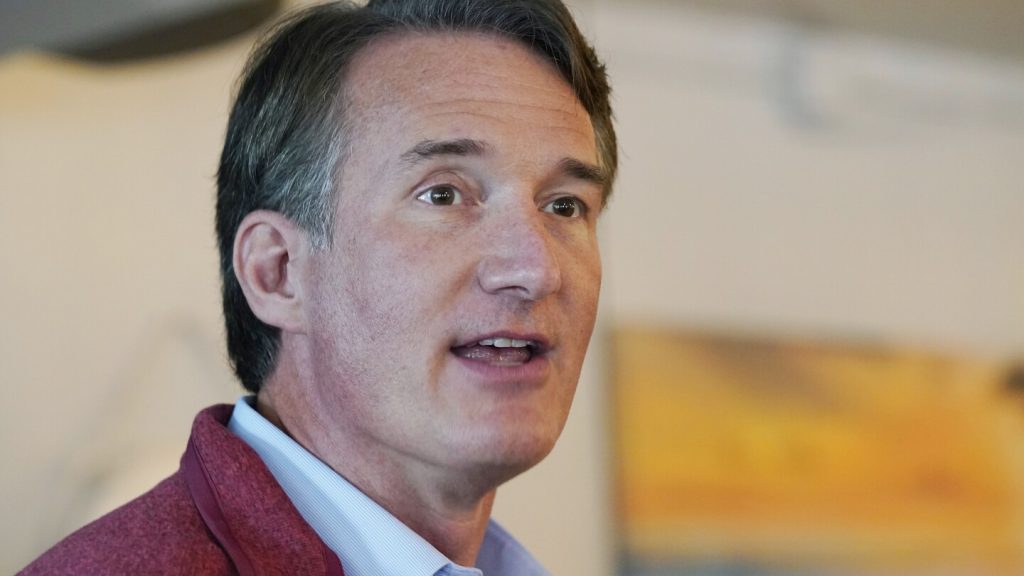Republican Virginia Gov. Glenn Youngkin vetoed two top Democratic legislative priorities on Thursday, including bills that would have allowed the recreational retail sales of marijuana to begin next year and measures mandating a minimum wage increase. The governor’s decision was not a surprise, as he had previously expressed concerns about both sets of bills, citing issues such as adverse effects on public health and safety, increased criminal activity, and economic competitiveness. Advocates for the bills argued that allowing retail marijuana sales would help eliminate the illicit market and provide tax revenue, while raising the minimum wage would support working families and combat inflation. However, Youngkin disagreed, stating that the bills would have negative consequences on the state’s economy.
Virginia legalized marijuana in 2021, becoming the first Southern state to do so, but has not yet established retail sales. Currently, home cultivation and adult sharing of marijuana are legal, and patients with a health care provider’s certification can purchase the drug from dispensaries. Under the vetoed bills, applications for cultivating, testing, processing, and selling marijuana would have started on Sept. 1, with the market expected to open on May 1, 2025, with products taxed at up to 11.625%. While industry interests supported the legislation, religious and socially conservative groups opposed it. Democratic Sen. Aaron Rouse expressed disappointment at Youngkin’s veto, calling it a missed opportunity to advance public health, safety, and justice in the state.
The minimum wage legislation, which would have increased the current $12-per-hour minimum wage to $13.50 in 2025 and $15 in 2026, was also vetoed by Youngkin. The governor argued that the bills would threaten economic competitiveness, raise costs for families and small businesses, jeopardize jobs, and fail to consider regional economic differences in Virginia. Democrats had been working to increase the minimum wage since 2020, passing legislation to raise it incrementally to $12, with further increases subject to another Assembly vote. Supporters of the legislation, including Democratic Sen. L. Louise Lucas, believed it would affirm the commitment to labor dignity and economic stability for all workers.
In addition to the marijuana and wage bills, Youngkin vetoed three other measures, including one that would have removed an exemption for farmworkers from the state’s minimum wage law. Another bill would have provided sentencing reviews for individuals with felony marijuana convictions, which Youngkin argued could reduce sentences for violent felons. The governor also rejected a workers’ compensation-related bill, citing concerns about creating an imbalance in favor of one party. The General Assembly, which adjourned its regular session earlier this month, will reconvene for a one-day session on April 17 to consider Youngkin’s proposed amendments and potential veto overrides, although the narrow Democratic majority in both chambers makes override attempts unlikely to succeed.
Youngkin’s decision to veto the Democratic priorities comes shortly after the collapse of a deal to bring the NHL’s Washington Capitals and NBA’s Washington Wizards to Alexandria. The teams’ majority owner announced that they would remain in D.C. instead. The governor’s agenda has faced scrutiny and pushback from Democrats, who have characterized his actions as detrimental to public health, safety, and economic stability. With the upcoming legislative session, the fate of these vetoed bills and potential overrides will be a point of contention between the Democratic-controlled General Assembly and the Republican governor. Ultimately, the impact of these decisions on Virginia’s economy, public health, and social welfare will be closely monitored in the coming months.


